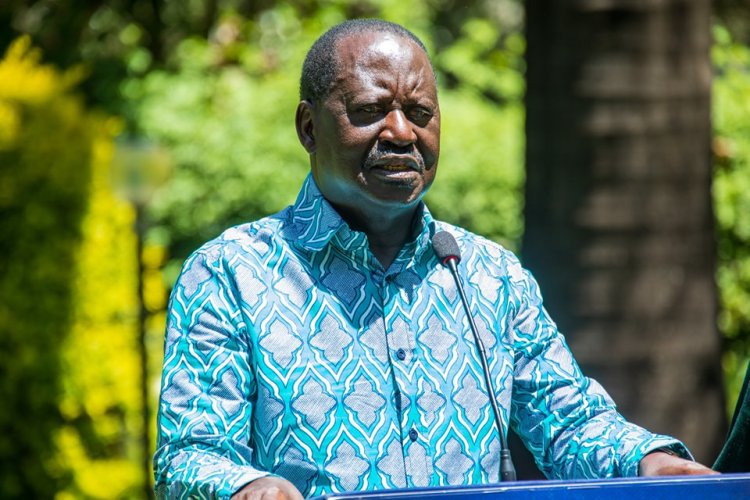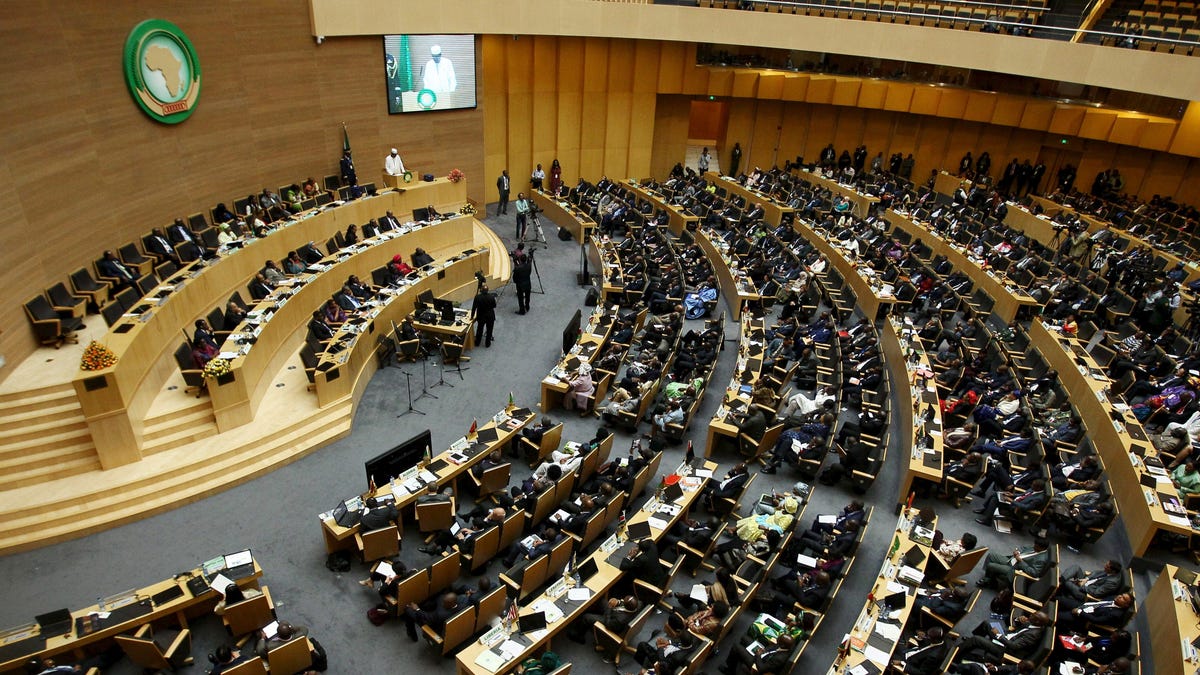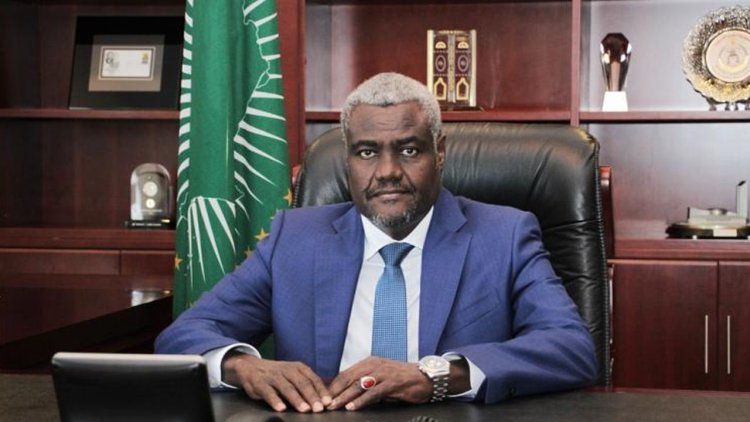Raila At Risk Of Being Barred From AU Chairperson Race: Here's Why
The changes seek to bar member states that have previously held the chairperson and deputy chairperson seats from 2002 to date

Azimio la Umoja leader and former Prime Minister Raila Odinga's declaration of interest in succeeding Moussa Faki as the African Union Chairperson is in danger of vanishing into thin air if proposed changes to election rules for the coveted post are anything to go by.
The changes are part of a draft aimed at reforming the election of senior leaders at the continental body's secretariat and making it more efficient.
The fate of the Orange Democratic Movement (ODM) leader's push to clinch the AU chairperson post now seemingly lies on the decision of the 44 member states, with the AU permanent representative committee proposing a raft of changes to the election rules.
The changes seek to bar member states that have previously held the chairperson and deputy chairperson seats from 2002 to date, from contesting in the upcoming elections at the next AU summit in 2025.

Bird's eye view of the African Union headquarters. /QUARTZ
If the Heads of State and government adopt the proposal, Odinga's bid for the chairperson seat would come to an end because Kenya and Rwanda have previously held the deputy chairperson position.
Kenya had Erastus Mwencha, who was deputy chairperson from 2008-2017 and Rwanda had Patrick Kayumba Mazimhaka from 2003 to 2008.
According to a 2018 decision, the chairperson post is rotational, meaning the next person to wield the post should come from the Eastern African region.
The proposals would mean that Tanzania and the other countries in the Eastern region would qualify to present a candidate for the AU Commission's top job, thus complicating matters for Raila whom Kenya has endorsed.
The changes which also introduce a gender angle, are contained in the report on preparations for the elections of senior leadership of the AUC in February 2025, and which if adopted, would guide how the next AU chairperson is chosen.
For the proposed changes to become law, they must be agreed on by the Heads of State and government. Decisions at AU are made by consensus, which means that a single rejection drags the decision from becoming formal law.
Given that Raila has already received significant backing from politicians both from Azimio and Kenya Kwanza, President Ruto as well as the likes of Uganda's President Yoweri Museveni and former Nigerian President Olusegun Obasanjo for the position, it would be likely that such a proposal to bar him from contesting would be dismissed.
Raila meanwhile spoke of his recent meeting with Museveni and Ruto in Uganda, revealing that he decided to approach Museveni in advance stating that campaigns for the AU Commission chairperson post were his key agenda when he met presidents in Namibia.
“I have been running around trying to get support from different heads of state I was with some in Namibia the other day and I went to the President of Uganda after I had talked to him to go and ask for his support and then we met there with Mr. Ruto who had also gone there to talk about the issues they are having with oil the g-to-g. He was with his minister for energy,” said Raila.
Raila added that he seized the opportunity of being alongside the two presidents to lobby his candidature for the highly coveted post. In particular, Raila mentioned that President Museveni offered to propose him for the AU top job.
“After we talked about my candidature, they talked about the issue of oil among themselves but I asked for their support and both of them agreed that they would support me.
"President Museveni said he will be the one to propose me as the chair of the African Union Commission,” Raila added.
Since 2002, there have been five Commission chairpersons. Moussa Faki Mahamat is the first to hold the position for two consecutive terms since 2017, and his current term ends this year.
Previous chairpersons are; South Africa’s Nkosazana Dlamini Zuma (2012–17), Jean Ping of Gabon (2008–12) and Alpha Oumar Konaré of Mali (2003–08). Amara Essy of Côte d’Ivoire led the transition team between AOU and AU 2002–03. All these were younger than 70 when they took office.
Commission chairpersons are elected by secret ballot as opposed to the Assembly chairperson who is often chosen by consensus.
The Commission chairperson must garner a two-thirds majority of the present voting members. Currently, Sudan, Mali, Niger, Guinea and Burkina Faso are suspended for committing coups.







